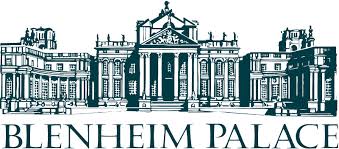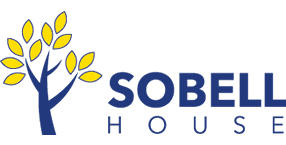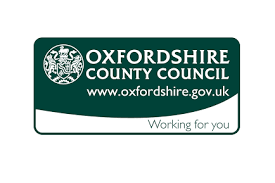Still Photographic Film Digitising Solutions in Oxford UK
Archiving and Scanning Digitisation at Oxford Duplication Centre

Specialist Still Photographic Archiving Services | TIFF | RAW | JPEG10
Using high quality machinery and National Archive Standard software to digitise high resolution film types which captures all resolution and output formats in TIFF and JPEG (JPEG2000) formats. Perfect for viewing, printing and archival purposes.
Our professional photographic film department is award winning and support clients within the corporate, consumer and heritage sectors. With experienced film digitisation technicians have a wealth of experience with scanning all types of film types, from low grain negative spindles to high quality medium and transparency formats that require archival conversion.
- Consumer
- JPEG10 4800dpi
- Compressed
- Family use for viewing on all devices
- SRDx (scratch and defect removal) | colour correction | hand cleaned
- File guide size 8 - 10MB
- Price List
- Publication
- TIFF/RAW 3200dpi
- Uncompressed
- Publication use but manageable file size
- iSRD (infrared scratch and removal) | histograph colour management | hand cleaned
- File guide size 108MB
- Price List
- Archival
- TIFF or RAW 4800dpi
- Uncompressed
- National Archive Standard digital files
- National Archival Standards processing to client specific specification
- File guide size 165MB
- Price List
WHAT IS A JPEG? JPEGs use smart compression to make file sizes smaller. This compression is heavier in color than clarity, making it perfect for consumer and general viewing.
WHAT IS A TIFF? TIFFs are lossless compression files . Resulting in high quality large file images. When a TIFF image is edited and saved, no loss of data occurs, making this format perfect for publication and archives.
WHAT IS RAW? RAW files are uncompressed and unprocessed image data. The scanned images contain all the information from the analogue originals that our scanners were able to capture. This includes the data of your scanner's infrared channel.
IMPORTANT INFORMATION ABOUT CELLULOSE NITRATE: Cellulose nitrate was the plastic commonly used for film-base photographic materials (stills, movie and X-ray films) manufactured up to the early 1950s. It contains a high proportion of nitro-cellulose, otherwise known as celluloid. More modern film is acetate or polyester-based, which is less hazardous.
Three Stages of Nitrate Film Decay: This Film Type Should Be Digitised Immediately
Stage 1: Orange film discoloration and fading images
Stage 2: The film becomes smelly, sticky, and appears bubbly or foamy
Stage 3: The film crumbles into a bad-smelling brownish powder
How to Identify Nitrate Film Decay
- Labels: Check to see if the word ‘Nitrate’ is embossed or printed on the edge of the film. Some nitrate films have been copied onto less-flammable safety film, which might have the words ‘Nitrate’ and ‘Safety’ printed on the film.
- Deterioration: If film is in any of the three stages of decay we noted above, assume it’s nitrate. But if the film is wrinkled or smells like vinegar, it’s most likely safety film.
- Dates:
- Assume that any film dated before 1920 is nitrate film.
- Look for notches on the edge of any Kodak film dated from 1921 to 1940. Hold the film with the notches in the upper right corner. If the first notch from the right is shaped like a ‘V,’ you’re holding nitrate film. If the first notch looks like a ‘U,’ it’s most likely safety film.
- For non-Kodak film from 1921 to 1940, all film from 1940 to 1950, and any film that can’t be dated – look for the signs of deterioration we mentioned above.
- 35mm Slide and Negative Scanning
- Medium Format and Large Format Film
- Family and Archive Photograph Scanning
- Old Maps and Charts
- Engineer Drawings
- Wide Format & Plus Size Scanning
- Document Scanning
- X-Rays and Transparencies
- Local History Archiving










